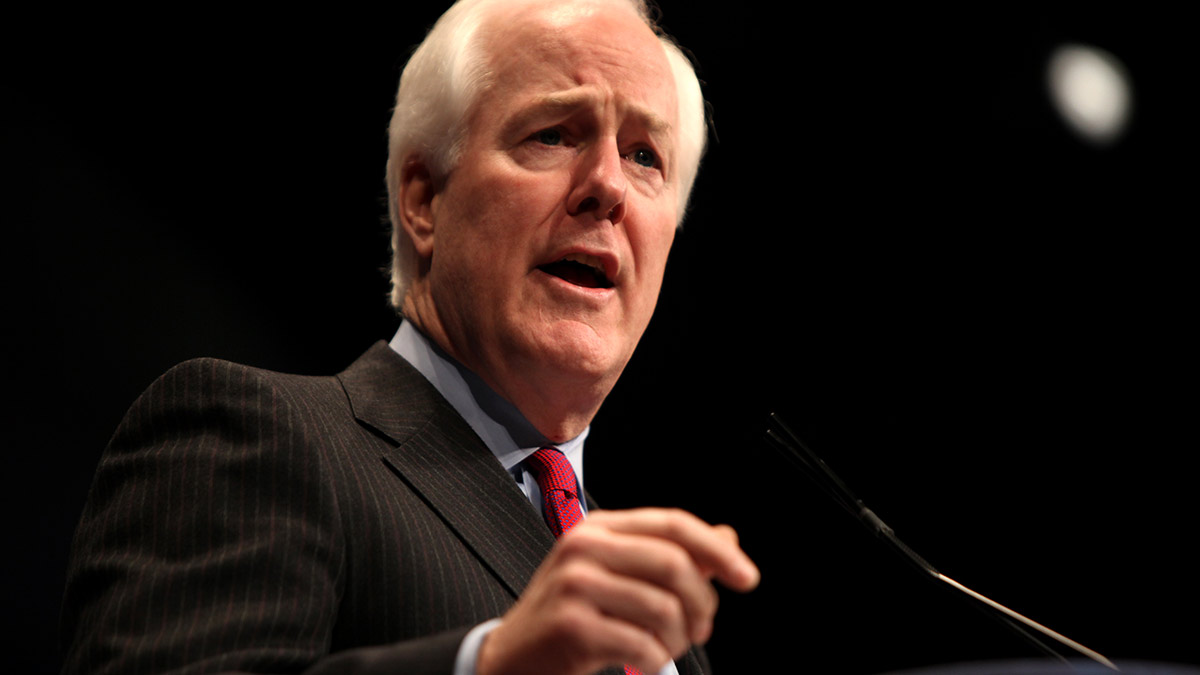
Dylann Roof appears at a 2015 court hearing in North Charleston, S.C., after being accused of killing nine people inside Emanuel African Methodist Episcopal Church. (Grace Beahm/AP)
(5-19-16) While I don’t like to simply post articles, a front page story on today’s Washington Post about mental illnesses and guns is worth reading.)
Most mass shooters aren’t mentally ill.
When it comes to mass shootings, President Obama and House Speaker Paul D. Ryan are in rare accord on a leading culprit.
Both point fingers at mental illness. And in poll after poll, most Americans agree.
But criminologists and forensic psychiatrists say there is a critical flaw in that view: It doesn’t reflect reality.
While acknowledging that some of the country’s worst mass shooters were psychotic — the Colorado theater gunman, James Holmes, with his orange-dyed hair; the Virginia Tech shooter, Seung Hui Cho, whom a judge ordered to get treatment — experts say the vast majority of such killers did not have any classic form of serious mental illness, such as schizophrenia or psychosis.
Instead, they were more often ruthless sociopaths whose behavior, while unfathomable, can’t typically be treated as mental illness.
The oversimplification, experts say, is perpetuated by the gun industry and a society that assumes that the mentally ill are the only ones capable of deadly rampages. Now, with the White House and Congress prioritizing an overhaul of the mental-health system to try to curtail mass shootings and gun violence, critics say the country is chasing an expensive and potentially counterproductive cure on the basis of the wrong diagnosis.
“It would be ridiculous to hope that doing something about the mental-health system will stop these mass murders,” said Michael Stone, a forensic psychiatrist at the Columbia College of Physicians and Surgeons and author of “The Anatomy of Evil,” which examines the personalities of brutal killers. “It’s really folly.”





